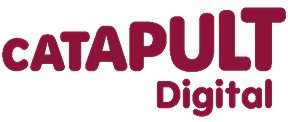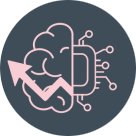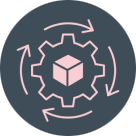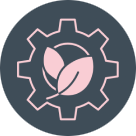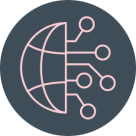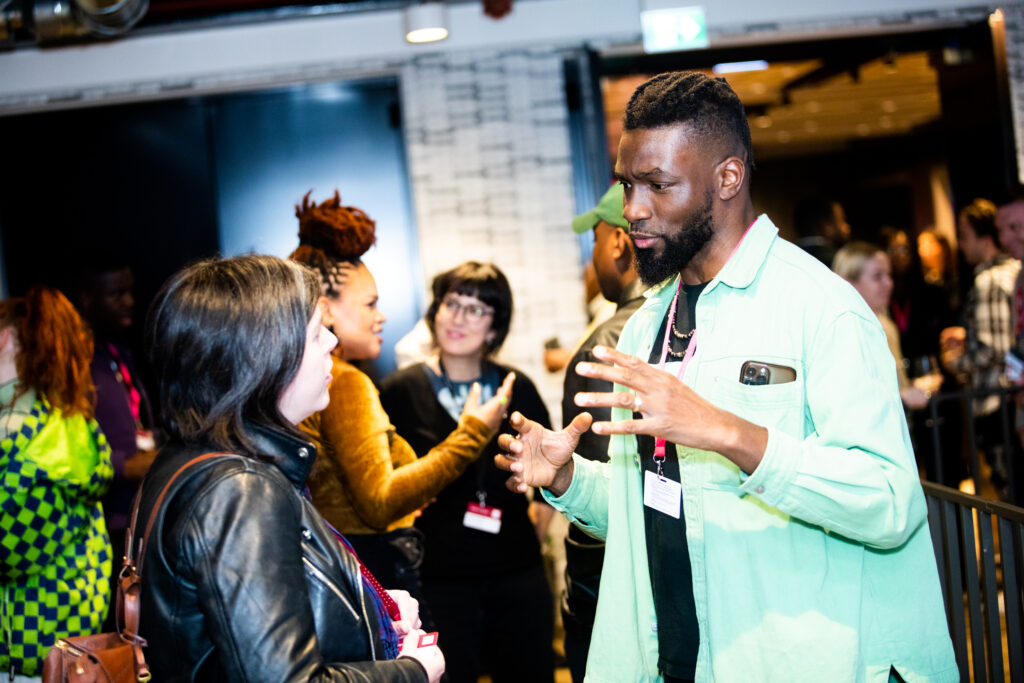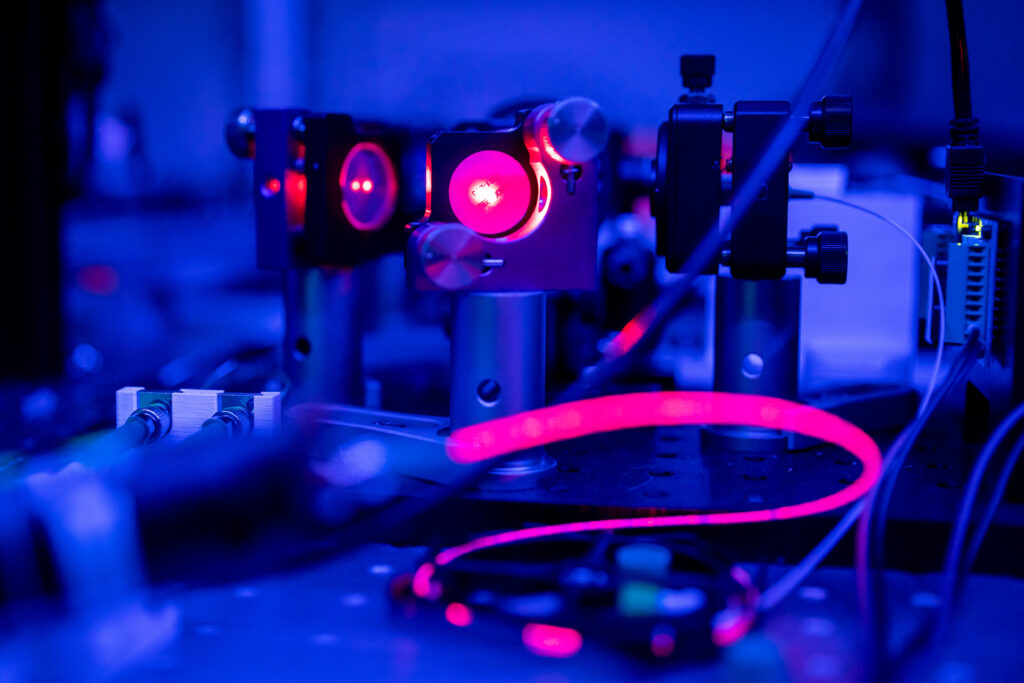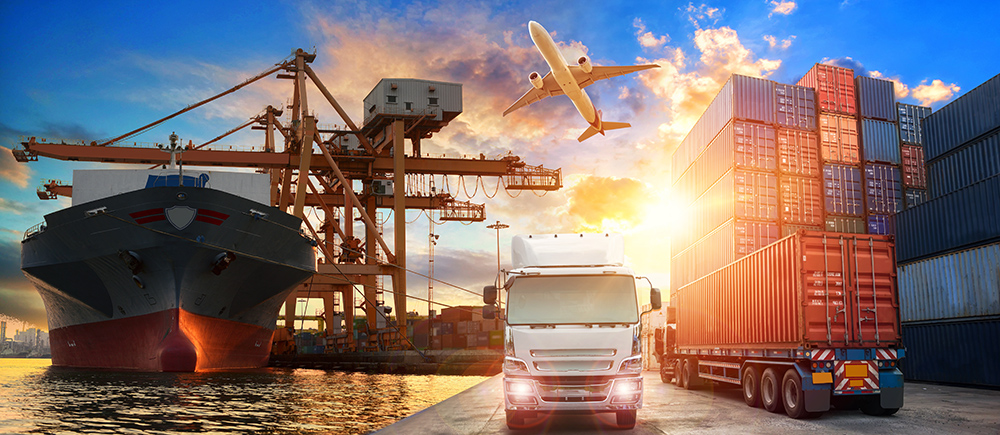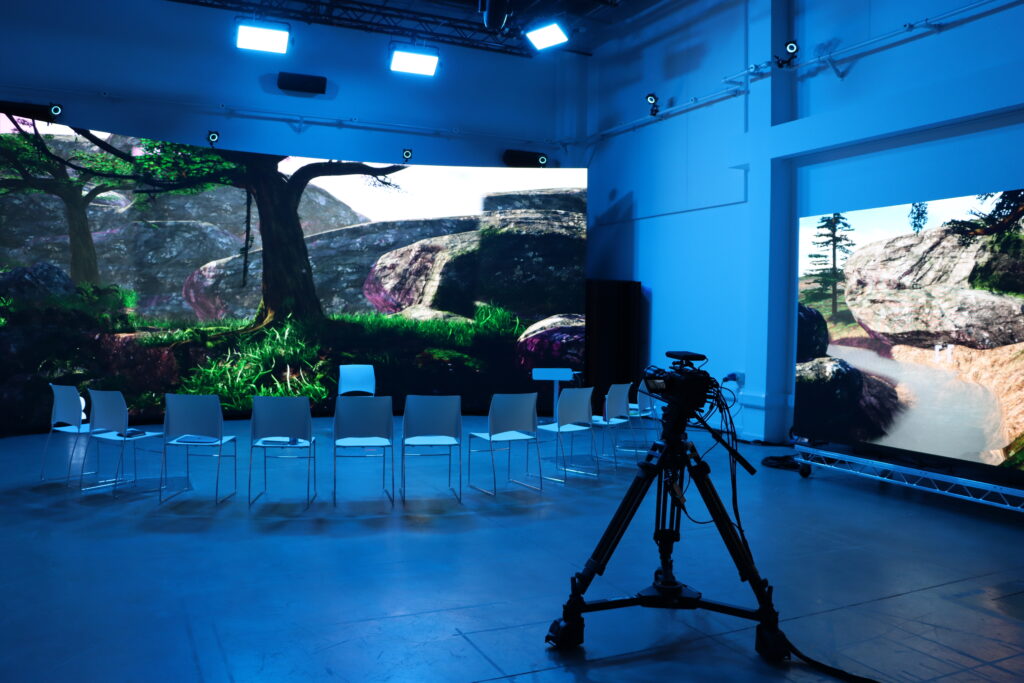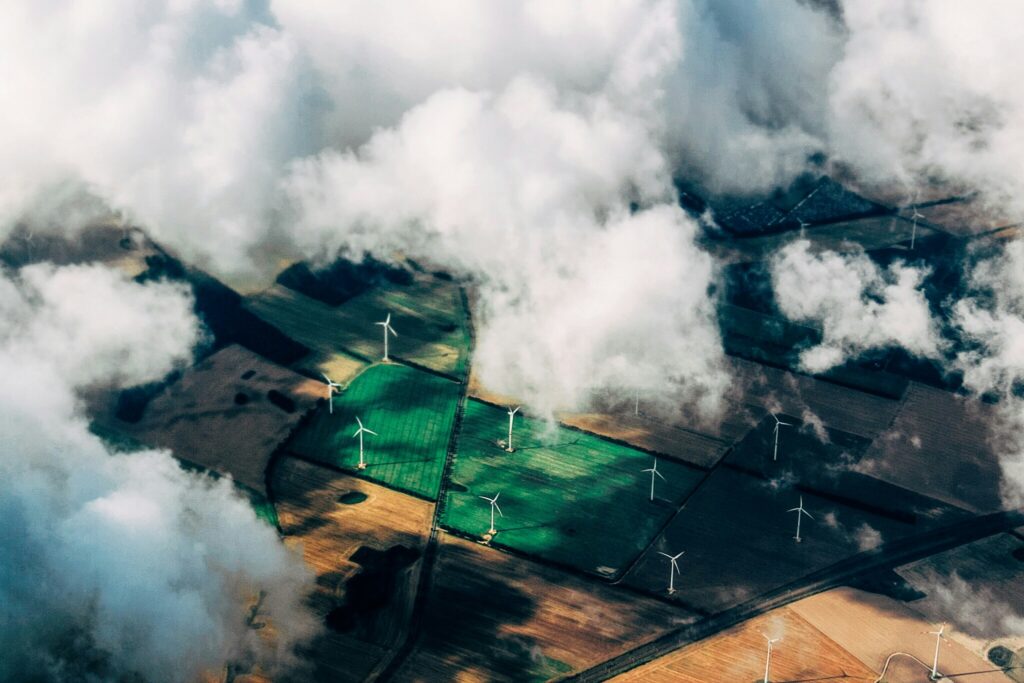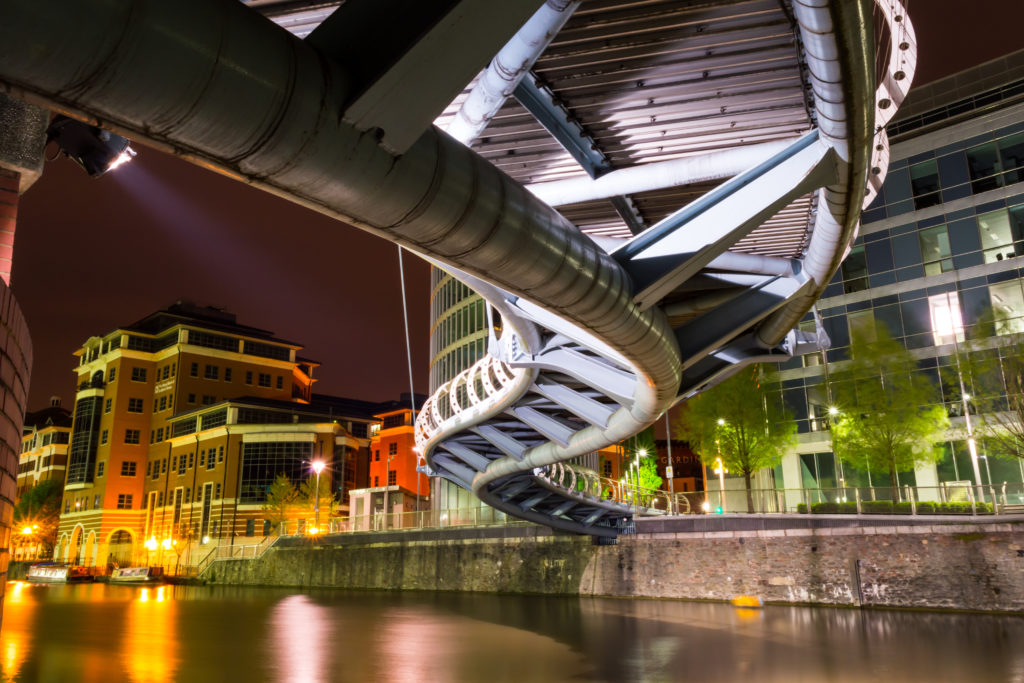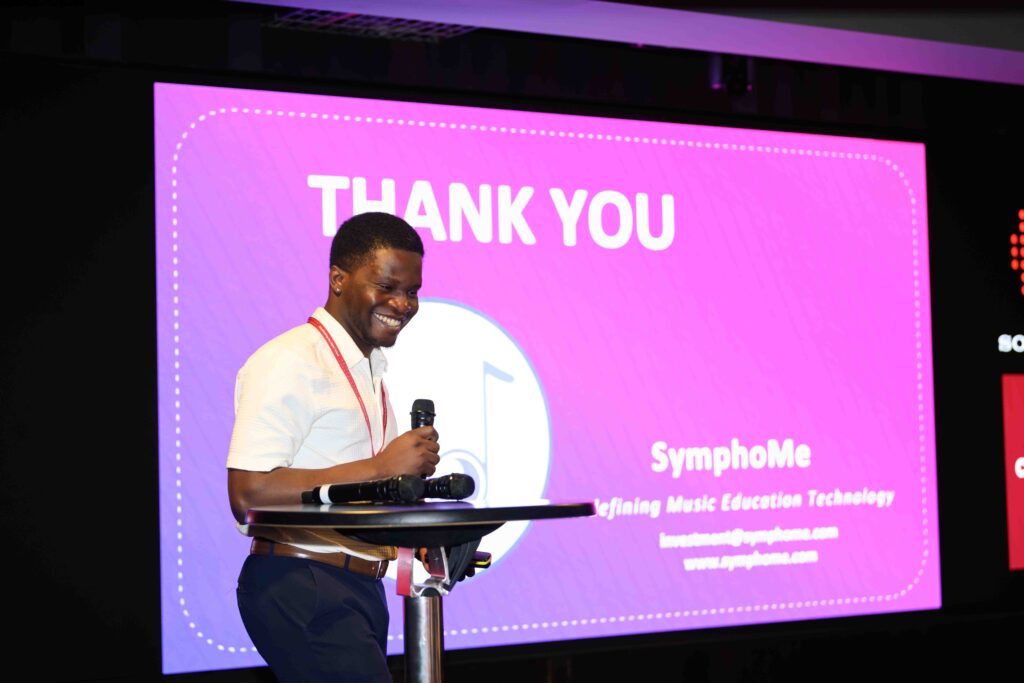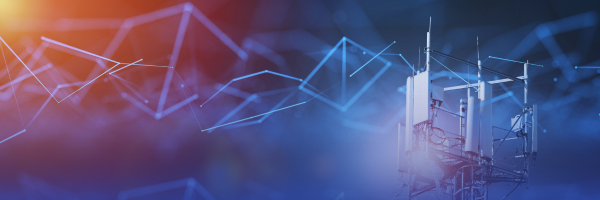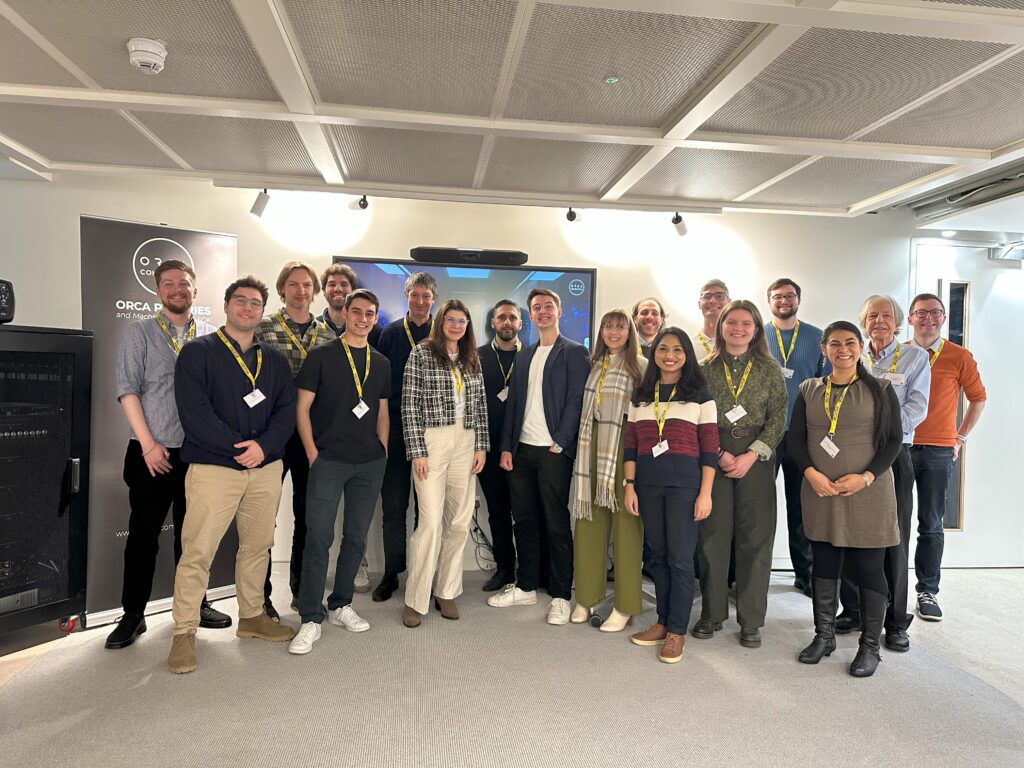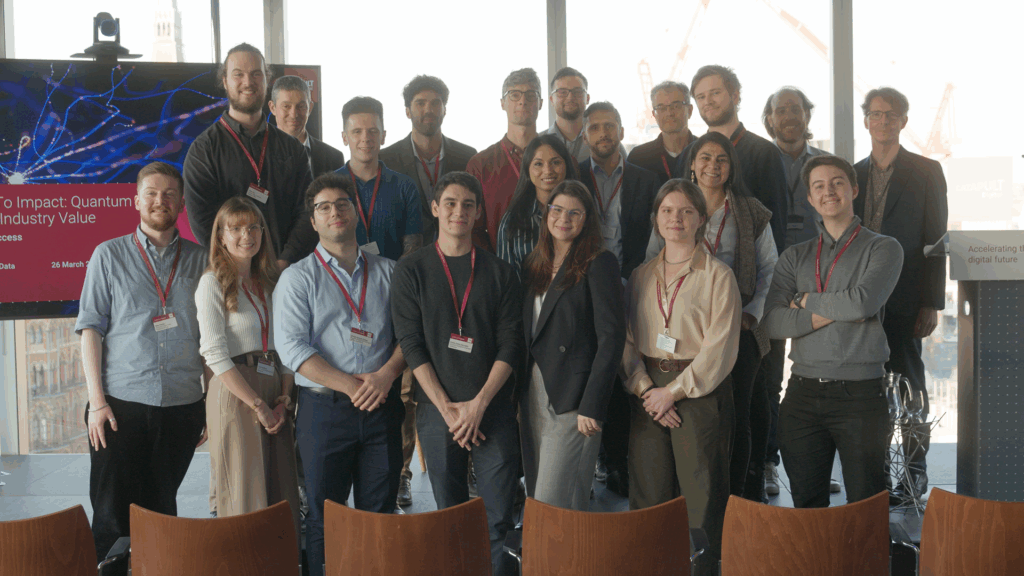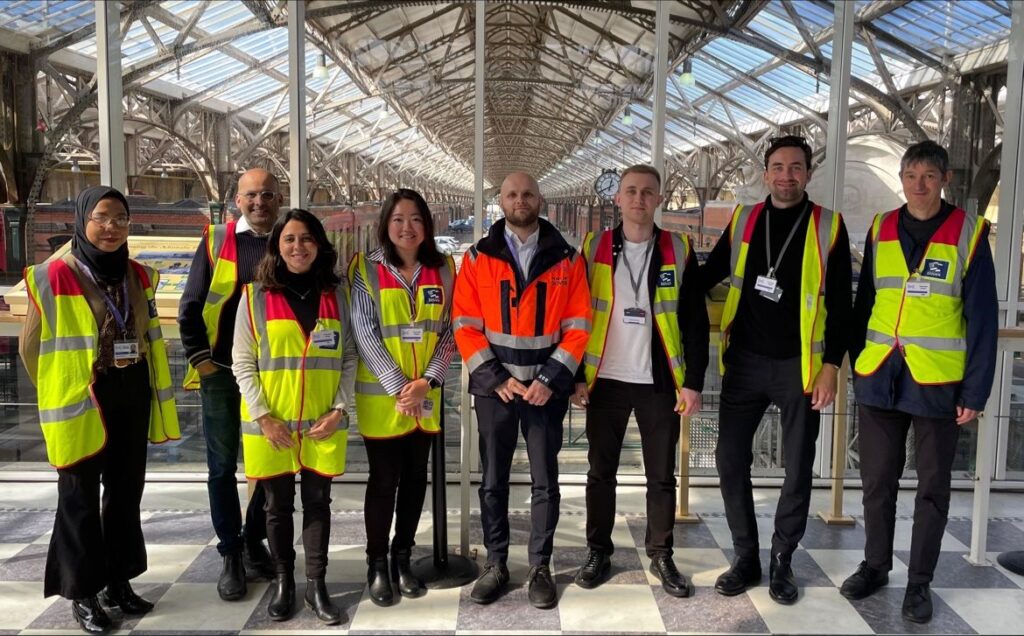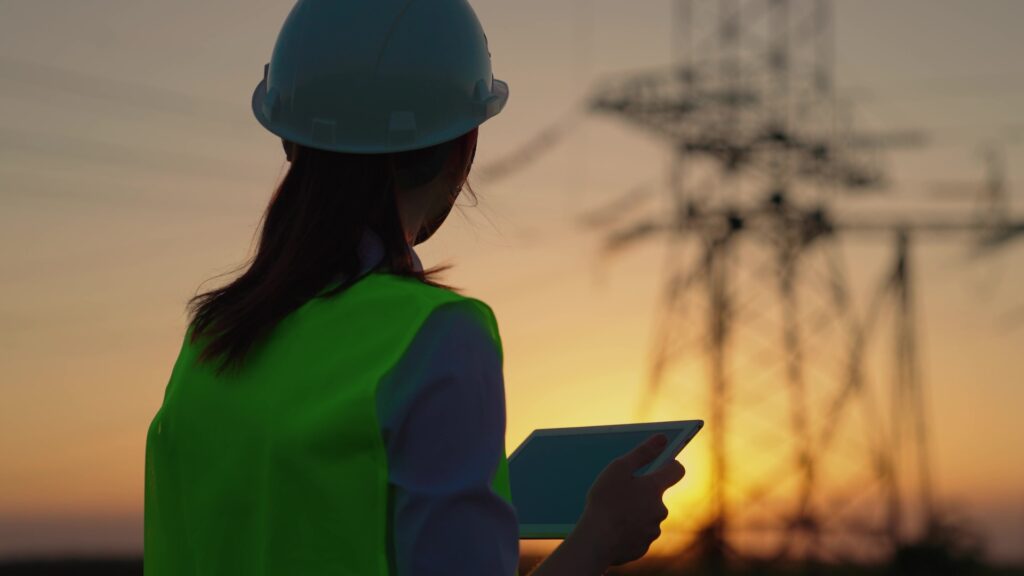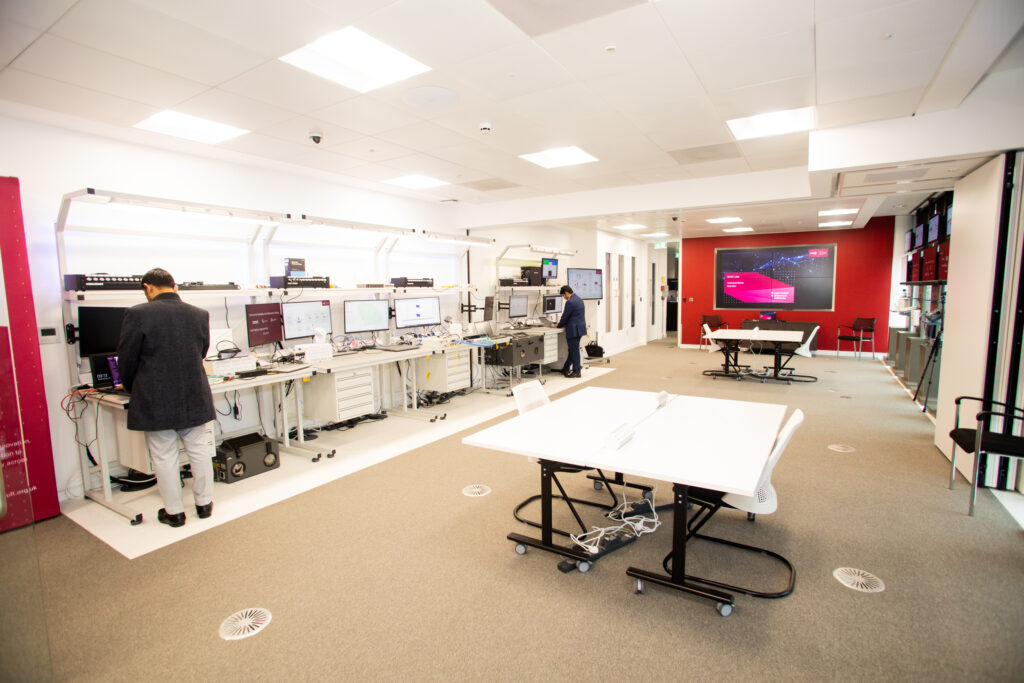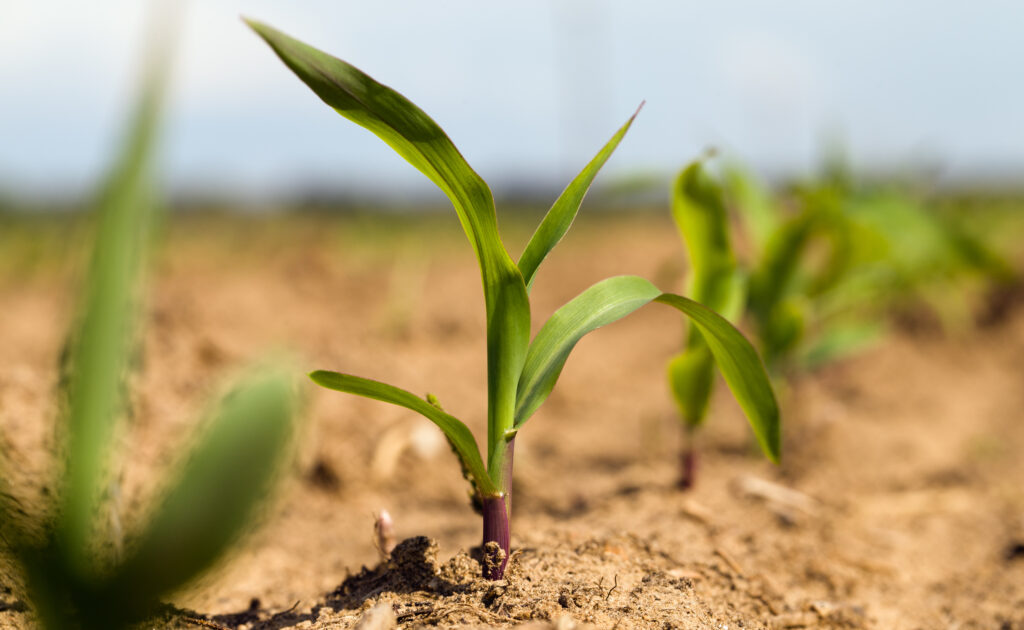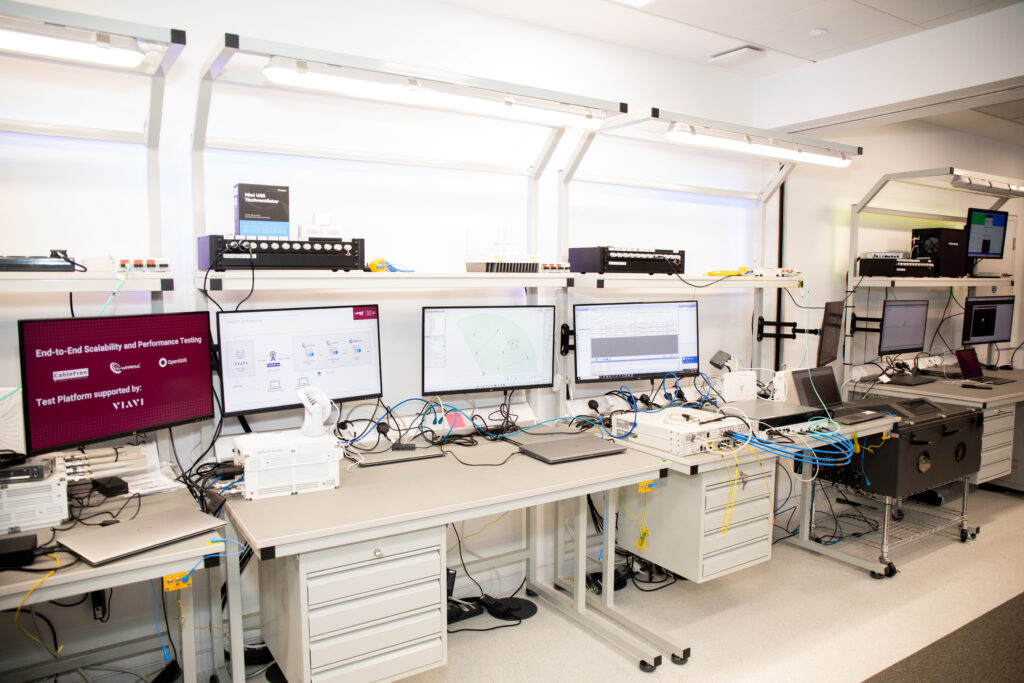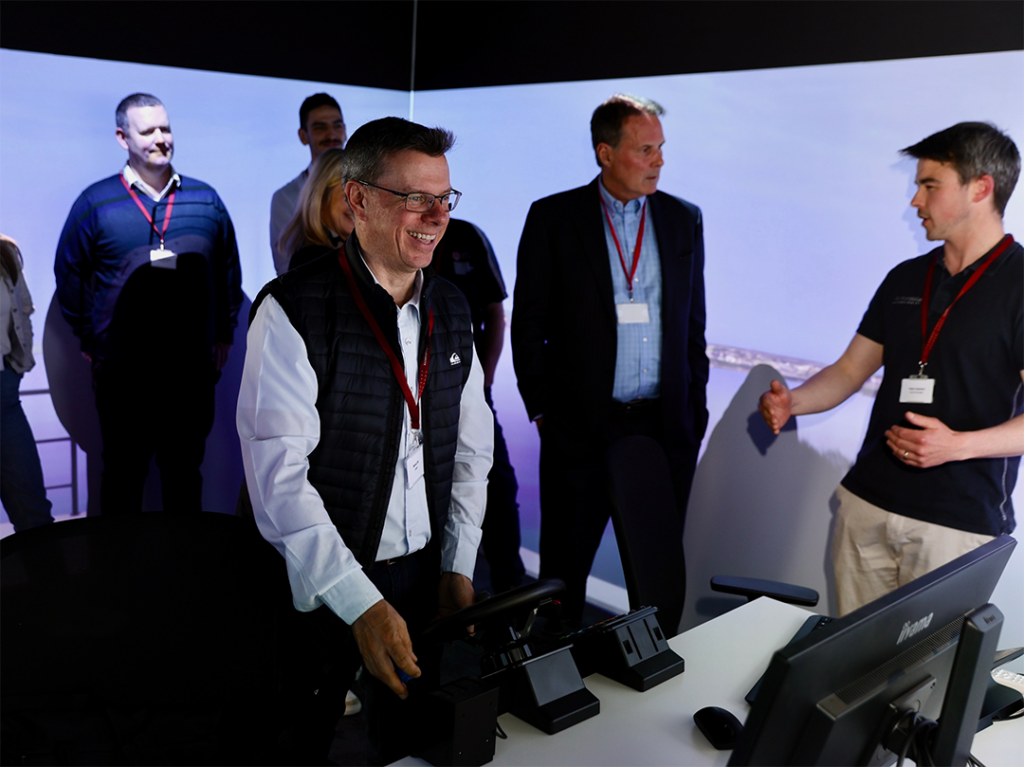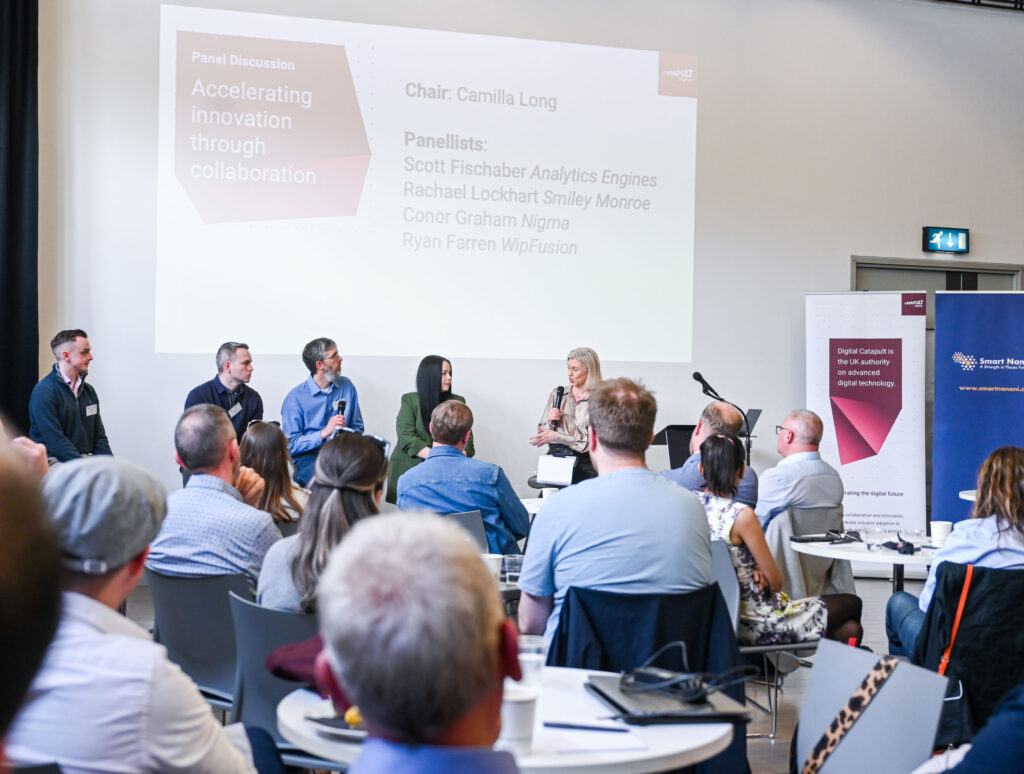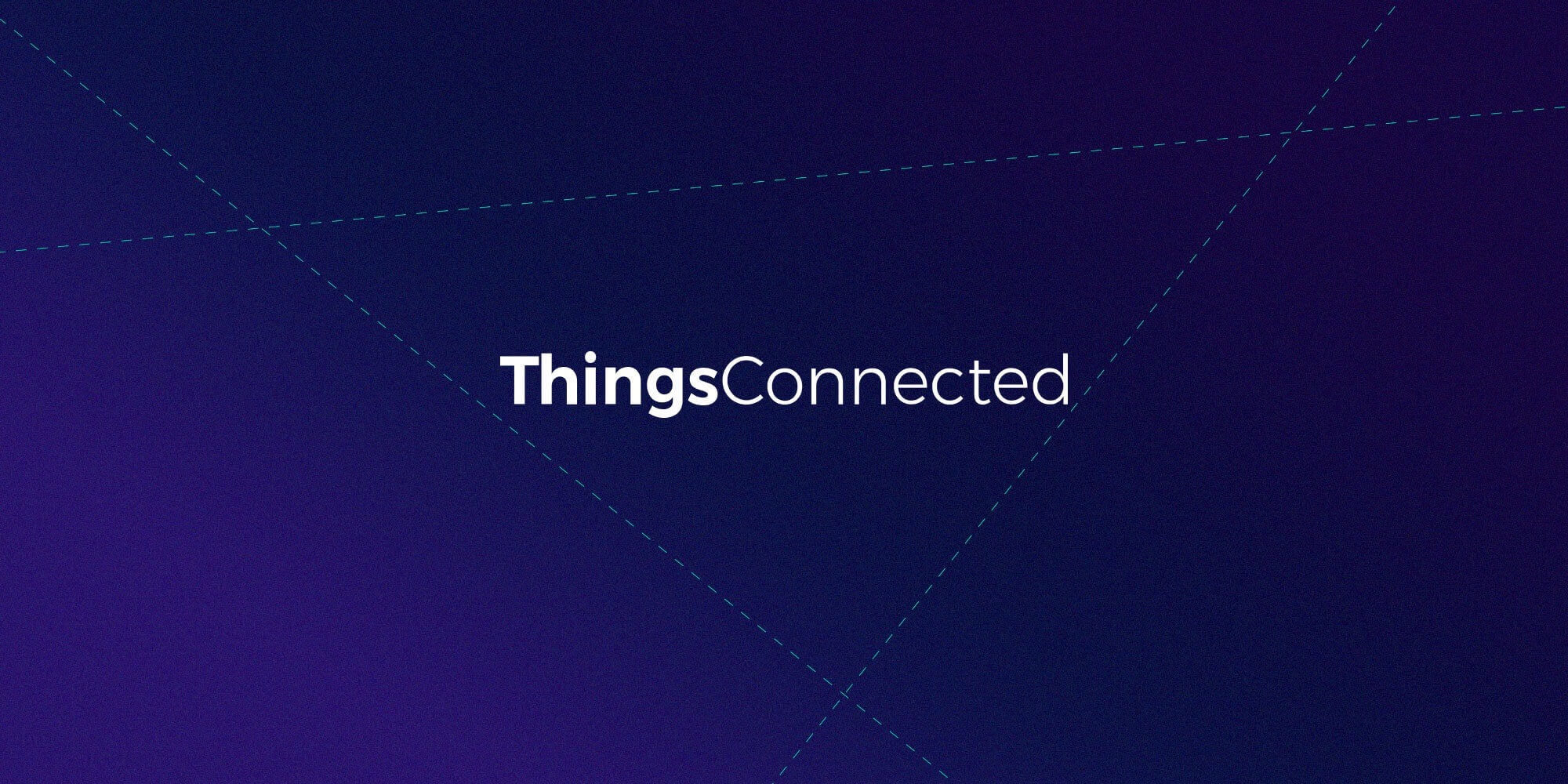Digital Catapult launches Internet of Things network with partners to drive open innovation across London
Free to use Digital Catapult Things Connected will drive business adoption of IoT, bringing experimentation and innovation to help transform life in the capital.
LONDON, UK. 20 September 2016 – Digital Catapult has today launched Digital Catapult Things Connected, an innovation support programme that will ensure London is open and ready to innovate with the Internet of Things (IoT). The programme will empower digital startups and scaleups to embrace the opportunities of IoT, and help drive innovation that will transform lives across the capital.
Things Connected will initially provide 50 LoRaWAN base stations located across London to establish the UK’s largest IoT LoRaWAN network. Free to use, the programme will provide a testbed to support evolving IoT technologies in its roll out. LoRaWAN is the first phase of the testbed and additional low-power wide area network (LPWAN) technologies will be included as the network develops.
To deliver Things Connected in the capital Digital Catapult will be working in collaboration with BT, Future Cities Catapult, Everynet, Beecham Research, AllThingsTalk, BRE, Imperial College London, King’s College London, UCL and Queen Mary University of London.
Things Connected has the potential to drive experimentation and innovation in IoT, areas include but are not restricted to infrastructure provision, traffic and transport services, energy management and environmental sensing, with examples that include:
- Lessen the risk for vulnerable road-users, including cyclists: By connecting data from multiple sensors, including that from pedestrian footfall counts, crash-impact incidents from bike-frame sensors and traffic congestion feeds, could allow service providers to develop a ‘safer journey’ planner for critical areas of Central London.
- Improve the quality of life for COPD and asthma sufferers: By offering a more cost-effective communication network, service providers delivering environmental quality analysis could access a much richer and more detailed network of multiple sensor data-points across London, in areas giving temperature, air quality and humidity. By having greater knowledge of their environment, COPD and asthma sufferers could better prepare for the day and manage their symptoms more proactively.
- Optimising delivery drones: The way in which items are delivered is likely to be transformed over the comings years, thanks to advances in drone technology. To help this become a reality, the deployment of micro wind speed and turbulence sensors across London could help with the routing and battery optimisation. This has the potential to further increase viability of drones as a means for delivering items quickly and efficiently across the capital.
Rajesh Agrawal, Deputy Mayor for Business, said: “London is already a global force in the tech and digital industries but if we are to stay competitive, increase productivity and make the most of opportunities for growth in this crucial sector, innovation is key. Digital Catapult Things Connected will help to drive business innovation by embracing Internet of Things technologies across London. By continuing to make our city smart and connected, we are showing that London is Open as we work to improve the lives and wellbeing of many by tackling the big issues we face in healthcare, transport and energy.”
Things Connected will jumpstart the London LPWAN ecosystem by lowering barriers to access for entrepreneurs and startups and scaleups, and will look to empower them with the knowledge and skills to become quickly productive and innovative through the use of LPWANs. With decreased power requirements, longer range and lower cost than a mobile network, LPWANs enable a much wider range of IoT applications, which have been constrained by budgets and power issues.
With the UK IoT marketplace currently worth £13.3bn, and expected to rise to £20bn by 2018[1], the launch of Things Connected in London is the first step to create a national innovation support programme for LPWAN testbeds. The aim is to replicate this experience in a number of UK regions to support local IoT sector growth, and develop applications relevant for the local community.
Jeremy Silver, CEO, Digital Catapult, said: “Things Connected is starting in London but we want it to cover the UK. To capture more of the digital dividend in the UK economy, we need to accelerate the adoption of the internet of things. Things Connected empowers London’s terrific tech community to test their IoT innovations so they can begin to improve the quality of life for those living or working across the capital. This is the beginning of our work. We aim to roll Things Connected out to help remove the barriers to IoT technology for businesses, and create new revenue opportunities for entrepreneurs and for smaller and larger companies.”
Chris Sims, Managing Director, BT, said: “The Internet of Things has the potential to fundamentally change how we live, work and do business. But only by taking an open, collaborative approach can we truly maximise that potential, and help our customers to engage with this exciting new world of IoT technologies. We’re proud to be playing our part in making Things Connected a success, and helping London and the UK to build an exciting future as a leader in IoT.”
Tracy Hopkins, GM, Everynet said: “This network will enable both application and sensor companies to develop LoRaWAN products and test them with ease, the Things Connected testbed will drive innovation and contribute to a growing ecosystem that will ultimately deliver scale for the IoT. Everynet is very excited to have our network solutions form the basis of this phase of the testbed and offer to provide inclusion in out EveryTHINGZ LoRaWAN interoperability lab for any startups and scaleups that wish to take a product or an application to market.”
[1] Machina Research, 2015
